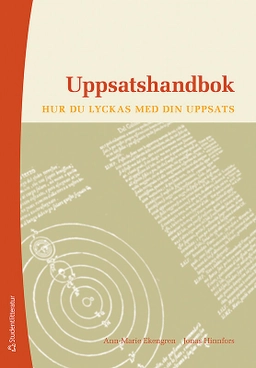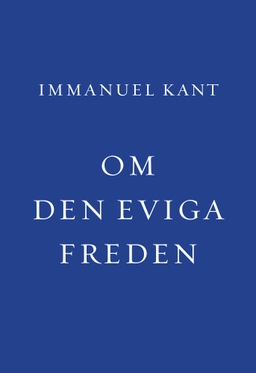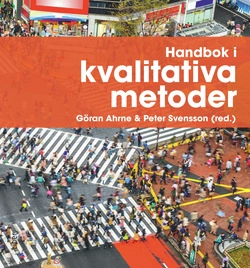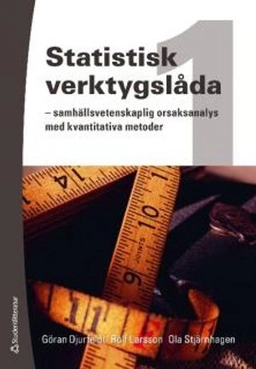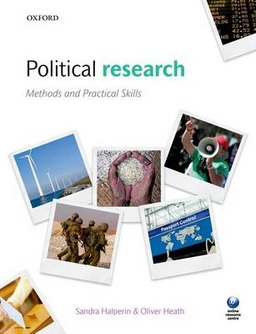

World Poverty and Human RightsUpplaga 2
- Upplaga: 2a upplagan
- Utgiven: 2008
- ISBN: 9780745641447
- Sidor: 304 st
- Förlag: John Wiley & Sons
- Format: Häftad
- Språk: Engelska
Om boken
Åtkomstkoder och digitalt tilläggsmaterial garanteras inte med begagnade böcker
Mer om World Poverty and Human Rights (2008)
I mars 2008 släpptes boken World Poverty and Human Rights skriven av Thomas W. Pogge. Det är den 2a upplagan av kursboken. Den är skriven på engelska och består av 304 sidor. Förlaget bakom boken är John Wiley & Sons som har sitt säte i Hoboken.
Köp boken World Poverty and Human Rights på Studentapan och spara uppåt 30% jämfört med lägsta nypris hos bokhandeln.
Referera till World Poverty and Human Rights (Upplaga 2)
Harvard
Oxford
APA
Vancouver
